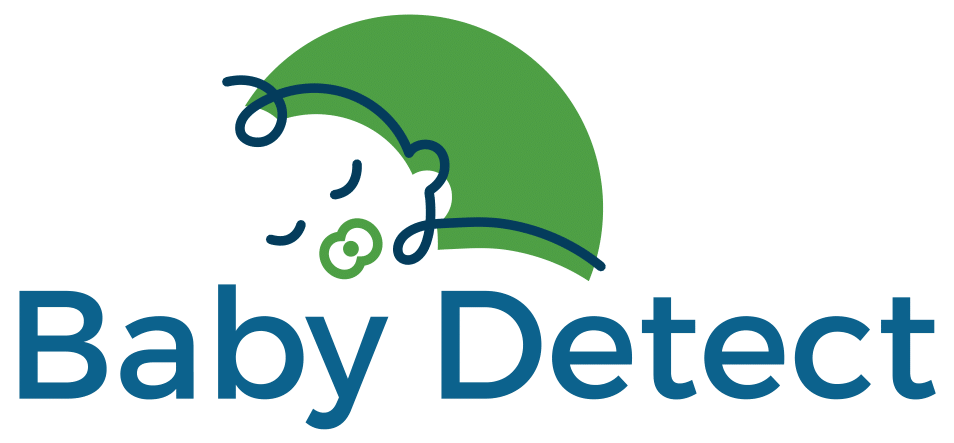BTD gene
(OMIM#253260)
1. The disease
Biotinidase deficiency is an inherited metabolic disorder of biotin (vitamin B7), which impairs the body’s ability to recycle biotin. Biotinidase deficiency is caused by mutations in the BTD gene and is inherited in an autosomal recessive pattern – a mutation must be present in the copies inherited from both the mother and the father – for the disease to manifest itself. In the situation of a diminished biotinidase activity, individuals develop functional biotin deficiency and its clinical symptoms, including alopecia, seizures, and skin rash. When left untreated, global delay and deafness can result. Note that in some cases the biotinidase activity can be a little bit in the lower range, but with just one mutation (heterozygote status) or 2 copies of D444H variant, in which a treatment is not necessary.
2. The symptoms
Newborns with biotinidase deficiency are asymptomatic at birth. The onset of symptoms may appear at any time from 1 month to several years of age. The lack of early signs or symptoms does not exclude the diagnosis.
The most common early symptoms include seizure activity of various types (myoclonic, grand mal, focal or infantile spasms) and hypotonia. Additional early symptoms include breathing problems (hyperventilation, stridor, apnea), skin rash and alopecia.
Later symptoms if not treated, include developmental delay, speech problems, ataxia, vision problems and hearing loss.
Less frequent findings include feeding difficulties, vomiting/diarrhea, fungal infections, hepatomegaly and splenomegaly.
There is variable expression of these symptoms probably related to dietary biotin intake and the degree of residual biotinidase enzyme activity.Individuals with partial biotinidase deficiency have a milder form of the disease, and may develop symptoms only when stressed, such as during infection or puberty.
3. Actions to take in case of early diagnosis
- Infants with a positive genetic test (having 2 or more mutations or that are homozygous for a single mutation except D444H) should IMMEDIATELY start biotin treatment (10 mg capsule diluted/day) in preventing complications.
- Infants with a positive genetic test should have confirmatory biochemical testing in serum/plasma. (Profound biotinidase deficiency: <10% mean normal serum biotinidase activity. Partial biotinidase deficiency: 10-30% of mean normal serum biotinidase activity.)
- All individuals with profound biotinidase deficiency should be treated with biotin. Because there is no known toxicity for biotin, children with partial deficiency are also usually treated. Compliance with a daily medication regime is essential to the child’s well-being. Of note, it appears that only patients with less than 15% of biotinidase activity will be symptomatic any time without treatment.
- Biotinidase deficiency treatment is life-long. The prognosis is excellent, especially for those who were treated before symptoms occurred
- No dietary restrictions are necessary. It is not recommended to dose the biotin level.
- Genetic counseling is highly recommended for family planning and evaluation of at-risk family members such as siblings.
4. More informations
- Biblio :
- Küry S, Ramaekers V, Bézieau S, Wolf B. Clinical utility gene card for: Biotinidase deficiency-update 2015. Eur J Hum Genet. 2016;24(7):. doi:10.1038/ejhg.2015.246. PMID: 26577040.
- Wiltink RC, Kruijshaar ME, van Minkelen R, et al. Neonatal screening for profound biotinidase deficiency in the Netherlands: consequences and considerations. Eur J Hum Genet. 2016;24(10):1424-1429. doi:10.1038/ejhg.2016.65. PMID: 27329734.
- https://www.ncbi.nlm.nih.gov/books/NBK1322/
